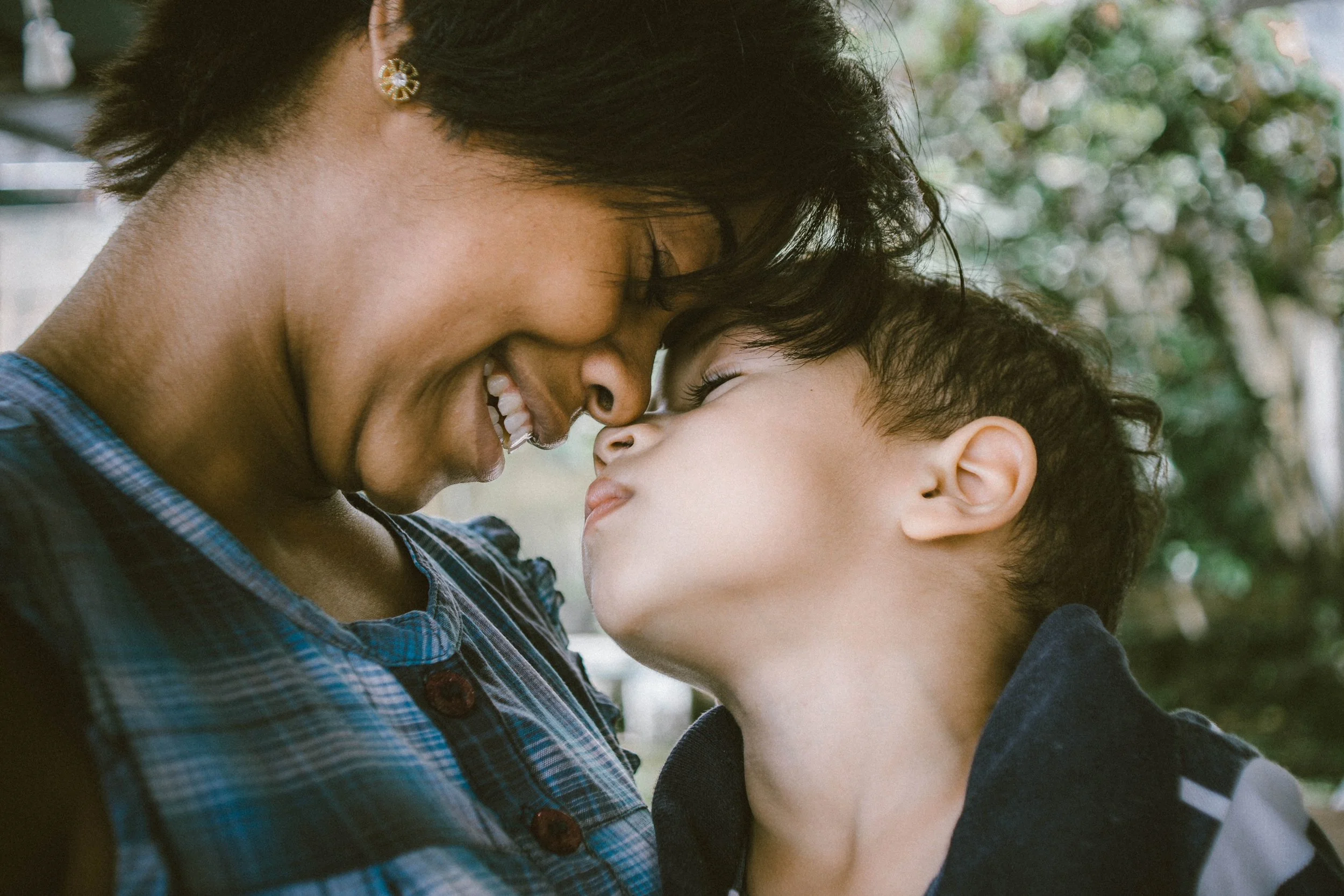THE LONGER STORY OF THE DEVELOPMENT OF THE INTERFAITH ALLIANCE ON POVERTY
EARLY HISTORY
Early in 2015, following a challenge from Pastor Gregg Neel at Portland’s Westminster Presbyterian Church, David Groff and Carol Turner began inviting members of other congregations in the Portland area to join together in a study to understand the causes of poverty. By summer, twelve congregations had agreed to join in this work of becoming more informed. The congregations and their faith leaders wanted to understand what faith organizations could do to alter those causes and to clear obstacles from the path of those in poverty. The congregations agreed to fund a Full-Day Forum with Donna Beegle, a distinguished teacher on the causes and effects of poverty. Many members of the twelve faith communities attended. Afterward, they agreed to band together to be a voice for change. All of these congregations already engaged in very active projects, primarily focused on delivering direct service to people experiencing poverty by providing access to housing, food and tutoring. Alliance member congregations wanted to work on the holistic picture, understanding the policies and traditions that presented barriers to equal access and opportunity. The Alliance members wanted to change the landscape that created obstacles to rising out of poverty.In January of 2016, the congregations formed the Northeast Interfaith Alliance. The goals of the alliance were three: 1) To Become a Poverty Informed Community 2) to Advocate for change in policies and traditions that kept people in poverty and 3) to help families transition from poverty to stability.Those working on each of these goals became separate workgroups, coordinating their work through a committee of the co-chairs of each group, called,( reasonably enough) The Coordinating Committee.
The Becoming Informed workgroup held monthly informational meetings for all the congregations, inviting as speakers the leaders of organizations working to change the obstacles and help people overcome generational poverty. These have become the alliance’s First Thursday Meetings, to which all are invited.Among the first ways the Becoming Informed workgroup helped us was to ally with the Multnomah County Library on purchasing and distributing the book Evicted by Matthew Desmond which many congregations adopted for all-congregation reading and discussion. The Becoming Informed workgroup also hosted several events to help all congregations understand how policy effects different populations in widely disparate ways. The film “Priced Out” was offered to the whole community in an event at St. Charles Church. The gymnasium was full for the film and the discussion afterwards. Other forums offered by the Becoming Informed Workgroup included a day workshop on Trauma Informed Care given by Mandy Davis of Trauma Informed Oregon, Regional Research Institute for Human Services, Portland State University and the Oregon Health authority.
The Advocacy workgroup of the Alliance decided to hold monthly meetings to educate themselves about potential issues that may deserve support, and to discuss various strategies to use for those policies that needed to be worked on. During the subsequent years, 2015 to 2020, they advocated with ally organizations and political leaders for changes that helped keep people in their homes, helped protect tenants from arbitrary eviction and helped create a groundswell for more housing and for more humane ways to work with the unhoused. This work is on-going.
In 2015, the Transitions to Stability workgroup learned that the most impact would be to support families in their efforts to exit multi-generational poverty. This workgroup assisted families, with the support and training of Village Support Network. Later they helped families advocate for changes in zoning laws concerning mobile home parks, and helped families live through the renovations of one of Portland’s mobile home parks. They assisted families in the Cully Neighborhood who needed maintenance on their homes in order to continue living in shelter. In early 2020, the Transitions workgroup of the Alliance chose new service options, supporting Portland Homeless Family Solutions, Mother and Child Education Center and the SMART program as a focus for many volunteers who had helped in Village Support Network, the mobile home parks and the Cully Neighborhood.. And then came Covid19. Transitions volunteers could not volunteer, but instead began raising funds for the organizations we hoped to support, so that they could weather this crisis.
Alliance Works with Allies
Starting in 2015, the Interfaith Alliance worked to create allies among all groups working toward alleviating poverty in the region. Many allies noted that adding the voice of faith to the discussions of compassionate problem solving has a positive impact on discussions and actions in the halls of the city, the county and the state.The Alliance worked with allies to lobby for changes in Oregon housing laws. The alliance and allies helped create a path through convoluted building codes so that 2020, Portland churches with land could more easily obtain permits to build low-income housing. The alliance and allies worked together to help pass bond and tax measures that would provide low income housing in the region, and housing with social service supports.
RECENT ALLIANCE HISTORY
The Recent Crises Expand How and Why we Work
During the Covid19 crisis our community grew in awareness of the disparity of health access. The deaths of George Floyd, Breanna Taylor and many others emphasized the lack of access to justice and civil-rights for our Black and Brown neighbors.
In the time of Covid19, the Alliance held its monthly meetings online. Congressman Blumenauer put out his report on income disparity and homelessness, Locked out: Reversing Federal Housing Failures and Unlocking Opportunity.” He became our first online speaker, with over 55 attendees at their computers and cell phones. Congressman Blumenauer discussed changes that need to be made and how to make them.
THE ALTERNATIVE HOUSING COALITION BEGINS WORK
In early June 2020, we joined our ally, the Northeast Coalition of Neighborhoods to host an online Forum on Alternate and Village Housing with speakers Tim McCormick of Village Collaborative, Jonny Fisher, manager of Do Good Multnomah Veterans Village and Raven Drake, medical coordinator for C3PO camps. These speakers discussed all the ways that safe and healthy housing could be provided now, before there are enough low-income apartments built in our region. This coalition of organizations is beginning work on advocating for governmental support of alternative housing options for those living on the streets.
Our Preparations for On-going work:
We have learned that without safety and access to healthy environments, those who have no present path to a low-income apartment will need ever greater mental and physical health assistance. With that path provided to safety and health, all opportunities for the future begin to open up. Over 150 Members, non-profit leaders, political leaders and others attended this forum in June of 2020 online and agreed to work together to advocate and work for access to these alternative housing opportunities NOW.
Our Five Years of Preparation
At this point, the Interfaith Alliance on Poverty realized that if, in 2015, we had not started down this path of becoming informed congregations, of practicing advocacy and of learning how to be of service during life transitions, we would not have been ready to serve others during this crisis and this time of great change. We hope to continue to build our awareness, our advocacy and our work with our allies to make safe transitions with our friends and neighbors in poverty during the coming years.
Faith Voices:
PRAYER-POEM FOR UNPRECEDENTED TIMES BY BETH NEEL, CO-PASTOR, WESTMINSTER PRESBYTERIAN CHURCH
I’m pretty tired of the word “unprecedented” O God.
And masks. And social distancing. And not hugging my friends.
And then you say to me, in vistas rather than words,
“Others are tired too.”
You open my eyes, and I see
My neighbor pushing a grocery cart full of cans to be redeemed.
My neighbor waiting in her car at the food bank,
hoping the gift lasts as long as is needed.
My neighbor struggling in silence at home,
afraid to see the doctor for fear of running up more debt.
You open up vistas to me and I shrug off my tiredness
I look, so hard, for cracks of opportunity
To be generous
To be kind
To be smarter than the selfish ones
To be hopeful
To offer rest
To offer water to all who are parched
To offer sustenance to those at the end of their rope
To be a neighbor to my neighbor.
O God. Give us all rest.


